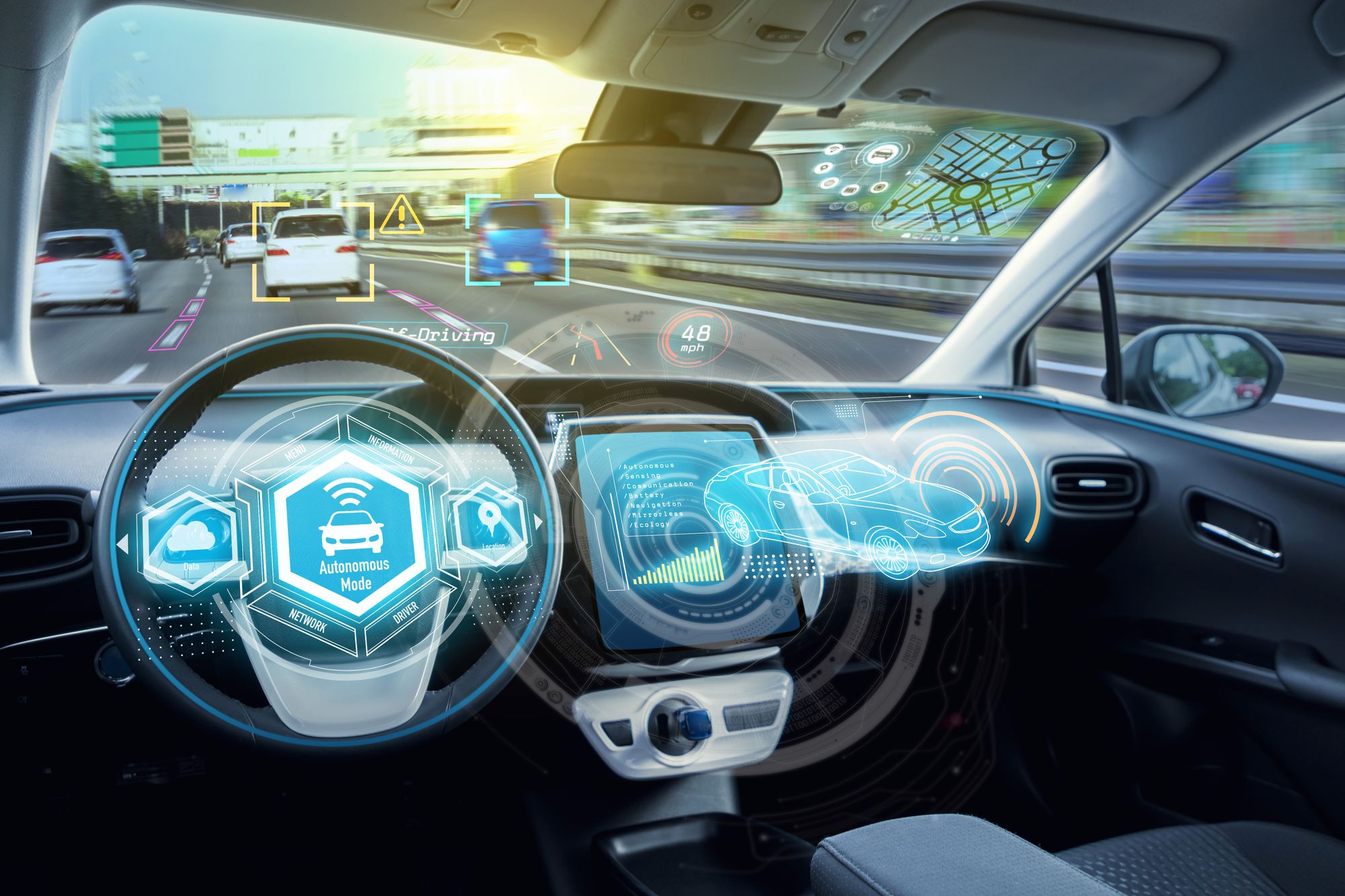How Self-Driving Cars Could Shape Our Future

Once challenges are surmounted, the world (and world of business) may be altered forever.
August 12, 2019 4 min read
Opinions expressed by Entrepreneur contributors are their own.
Self-driving cars are a shared ambition among Google, Tesla, Apple, Uber and Lyft, among other automotive, tech and ridesharing companies. For Uber and Lyft specifically, it’s a matter of cutting costs. However, fiscal expediency is not the main benefit of this emerging technology. Roughly 94 percent of traffic accidents are caused by human error, and to many, autonomous vehicles (AVs) seem to be our only path toward lessening related fatalities. In addition, driverless cars have other benefits, such as lower fuel consumption, lower CO2 emissions and a reduction in congestion. Here are the main ways they stand to change our lives and carve out a lane in the consumer marketplace, as well as the challenges this fledgling sector will need to overcome.
A Zero-Incident Future
We are still far from a fully autonomous, self-driving solution. The tragic 2018 incident in which an automous Uber struck and killed a pedestrian looms as a testament to that. Even more so after Tesla X Model owner Jeremy Banner lost his life earlier this year while engaging the car’s Autopilot feature.
“Safety is crucial when it comes to autonomous vehicles, and for the public to embrace AVs, they have to be safer compared to human-driven vehicles,” explains Nalin Gupta, director of business development for ridesharing software-development company Ridecell. “And partnerships between different component providers, including both hardware manufacturers and software developers, will be crucial in order to have fully functional, safe and reliable autonomous vehicles that can meet the stringent standards.”
Related: Are Self-Driving Cars Finally Ready for Consumers?
That’s why the introduction of 5G is a welcome development for riders. The technology will allow owners to effectively communicate with other cars on the road, presenting a level of collaboration that’s impossible for human drivers. And as the technology advances, self-driving cars may become the sole vehicles that always adhere to traffic rules, never get tired and remain unbiased, allowing us to move toward a zero-incident future.
World-Changing Potential
Combine electric, self-driving cars with car sharing, and you’ll have a solution that offers reduced traffic, emissions and parking requirements. Remember, self-driving technology can operate for anyone, at any time. Thus, AVs would provide nighttime safe rides for university students, last-mile connectivity from transit stations and mobility for the elderly.
There is also an important financial side to this. “Cutting the cost of transportation from two dollars a mile to 20 cents a mile will have a huge impact on how cites will be built in the future,” says Ridecell’s Gupta. “Even at an individual level, AVs will forever change the lives of the elderly and differently abled people by giving them back their freedom.”
And it does not stop there: Restaurants and hotels could face competition from AV dining cars or passengers sleeping in their moving vehicles.
Related: Tesla Will ‘Substantially’ Raise the Price of Its Self-Driving Option
New Technology = New Challenges
Aside from all the benefits that the self-driving cars bring, they also introduce new problems. The most challenging one is the unemployment it will cause for ride-hailing drivers. Lyft’s executives tried to alleviate this problem by suggesting that drivers should become mechanics after being replaced — a formula that clearly won’t work for everybody.
Truck and taxi drivers will have to be retrained for tasks such as remote monitoring or teleoperation of vehicles. Even real estate will have to be reimagined to make it suitable for AVs. Also, before we reach the fully automated dream, there are legitimate concerns about these developments encouraging reckless driving and ethical quandaries over who’s to blame when an autopilot program fails.
There is no doubt that self-driving vehicles are coming and will have a tremendous impact on everything we do, not to mention shake up an entire industry. To get there, we need to address technological challenges more and existential uncertainties, but once we tackledthese obstacles, driverless cars will surely make our lives simpler, safer and smarter.
https://www.entrepreneur.com/article/334995